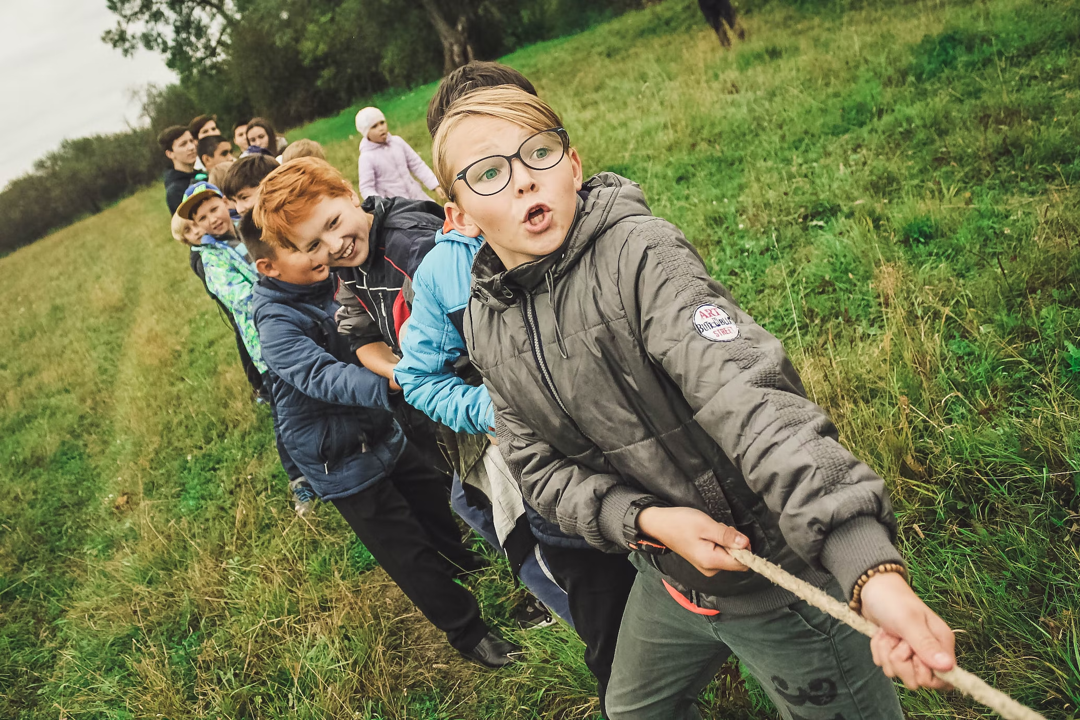Faculty of Arts School Impact Network

The Faculty of Arts School Impact Network is a working group comprising Faculty of Arts researchers, research support staff, and local school teachers. It was set up to explore how our researchers in the Arts and Humanities might tailor their work to address the needs, challenges and aspirations of school students and their teachers.
About the Network:
A key area where current research can have exciting and meaningful impact is the school sector. It is in schools where the next generation of researchers are developing, where subject professionals are working to engage young people with the Arts and Humanities in innovative ways, and where important issues – such as mobilising the community to tackle the climate crisis, or the impact of social media on relationships and communication – are being played out in real time. Furthermore, lots of work still needs to be done to break down barriers to the ‘academy’ – whether this be to encourage a greater diversity of future university students, or to make research and innovation a shared endeavour by ensuring it is truly relevant and accessible to everyone.


In the Faculty of Arts, we would like to explore the ways that our research might dovetail with the challenges and opportunities currently facing the school sector. Whilst many of our academics do engage with schools already, these interactions are often more short-term in nature and not automatically underpinned by the very latest research. Yet we have real potential to make an impact on this sector in the form of deeper, more fundamental engagement - such as curriculum development, or educational policy. We therefore want to foster a culture in which our researchers not only see the benefit of sharing their work with schools but consider it part of their role to seek out potential convergences and to leverage them fully.
Accordingly, through a series of collaborative workshops - each centred around a specific theme - the working group will facilitate conversation about how researchers can shape what they do in order address the requirements of those working at the coalface in this sector. A central priority will be the co-design of any outputs, so that teachers are involved in the creation of resources or interventions alongside researchers.
Overall, it is our hope that this initiative will lead to the exchange of ideas, mutually-beneficial outcomes, and long-term dialogue between both sides.

Some of our ideas as to the ways in which we might be of service to this sector include:
- Devising material to support teaching the curriculum, such as research-informed case studies
- Integrating research – in an accessible format – into teaching resources to meet syllabus requirements to engage with current scholarship
- Decolonising curricula
- Providing material for ‘stretch and challenge’ activities or provision for 'more able' students
- Ways of helping to meet Gatsby Benchmarks or supporting career development
- Support for developing key academic skills – such as metacognition, critical thinking and independent research
- Support for boosting attainment
- Material for enrichment and broadening horizons
- Innovative approaches to teaching PSHEC and Citizenship
- Helping students to engage with pressing social issues – such as climate change, living life on social media, or the ‘Culture Wars’
- Providing ways to develop students as active citizens – such as engagement with politics, culture, current affairs and civic pride
- Providing innovative ways to utilise Pupil Premium funding
- Fostering students’ cultural participation and engagement
- Supporting pedagogical innovation, inclusive pedagogy and use of technology
- Engaging with teacher training and professional development
- Inspiring the next generation of researchers and innovators
Practical Details:
- The sessions will take place on the University of Warwick campus.
- Food will be provided to all delegates.
- Reimbursement of travel expenses, including on-campus parking charges, will also be available to external members.
Any questions? Please email Dr Kathryn van de Wiel on
